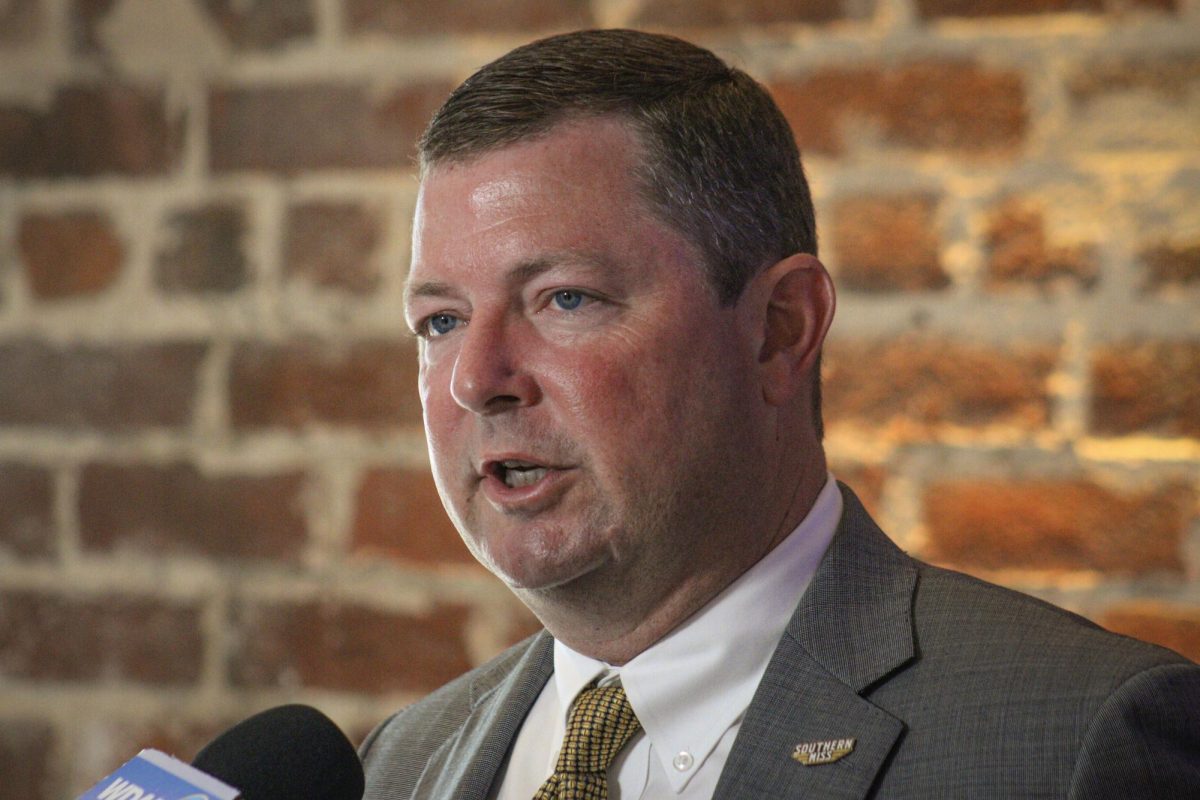We now live in an age of extreme political correctness, which isn’t a bad thing. In fact, it’s good that society changes to become more inclusive overtime, but this new age of political correctness has created a dangerous, ineffective mindset.
Cancel culture, according to Merriam-Webster, refers to removing support of public figures on the basis of their objectionable opinions or actions. Cancel culture doesn’t work. It should, but it rarely does. This is because cancel culture has no rhyme or reason as to those it affects.
For instance, let’s take a look at actor Kevin Spacey. After allegations of sexual assault came out against him, he was kicked off of “House of Cards” on Netflix and cut from “All the Money in the World,” a movie he had already filmed, and people boycotted supporting him. Now, the only time Spacey is mentioned is when there’s news on his sexual assault case. Spacey is a perfect example of how cancel culture has worked.
On the other hand, we have Kanye West who’s been chastised for his ironic support of Donald Trump and his comments on slavery. After his actions, one would think Kanye would be canceled. But he wasn’t. Despite criticism from some, his recent projects have seen virtually the same numbers and attention they’ve always gotten. His recent Sunday Services have garnered large crowds – even celebrity guests like Brad Pitt.
After being canceled from cultural relevance due to his assault and abuse charges, R. Kelly was removed from Spotify playlists and virtually shunned from the internet.
Taylor Swift loves to talk about how she was apparently canceled after a myriad of problematic behavior – mainly cultural appropriation and a general naivety toward major issues – but I question how canceled she was. With Swift still as popular as she’s always been, regularly booking performances and her music receiving the attention it’s always gotten, one should question how canceled she was.
Cancel culture has no rhyme or reason to cancel those it does. It doesn’t discriminate based on popularity – i.e. Kelly being canceled, but West not being canceled. It cancels those it feels like and lets others slide by unscathed.
Cancel culture is a double-edged sword because people should be reprimanded and punished for their actions. Some things are inexcusable. On the other hand, cancel culture leaves no room for those who’ve been canceled to change, which is vastly unfair.
With cancel culture being so wishy-washy, what should dictate canceling someone? Their influence and how popular they are? The length of time between the action(s) in question and the current times? Repetition of the action?
Another reason cancel culture rarely works is a difference of opinion. As per the examples above, there seem to be larger issues that a majority can agree on, but for the most part, it’s up to the individual’s opinion. However, sometimes that opinion isn’t strong enough to make canceling someone a feasible goal.
There isn’t a real solution to cancel culture, but we can all agree that the system that’s in place now is unfair. It’s unfair for some to face the punishment of their actions and others to be just as successful – if not more successful – than they were before allegations.




























